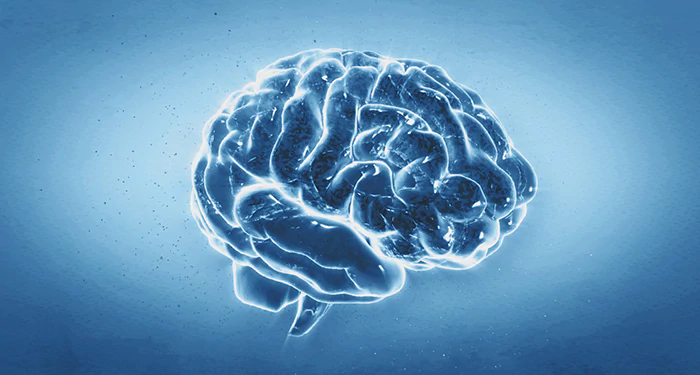A team of researchers at Florida State University have placed their focus on memory replay to get new insight into how Alzheimer’s disease develops in the human brain.
In their new findings, appearing in the peer-reviewed journal Current Biology, the FSU researchers examined memory replay in a mouse model of the neurodegenerative disease to identify any correlation as to the cause of memory and learning dysfunction.
The findings demonstrated that the way two areas of the brain interact during sleep phases could very well lead researchers to the cause of symptoms exhibited by patients with neurodegeneration.
In the experiments, the participants who entered memory replay periods showed impaired functional interactions in two areas of the brain: the hippocampus and the parietal cortex. Both of these regions are strongly associated with learning and memory.
According to researchers, the interactions between the brain areas observed during sleep phases clears the way for memories to form. Impairment in this process may explain why patients with Alzheimer’s disease exhibit memory decline.
“This research is important because it looks at possible mechanisms underlying the decline of memory in Alzheimer’s disease and understanding how it causes memory decline could help identify treatments,” said Sarah Benthem, co-author of the study, in a news release.
The new results were released at a time where more than 45 million people worldwide are diagnosed with Alzheimer’s disease, in which the rate of cognitive decline among older adults is expected to surge over the next 10 years, the Alzheimer’s Association theorizes.


